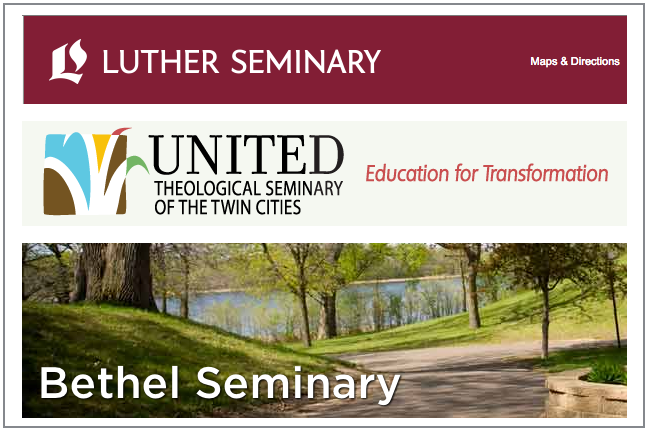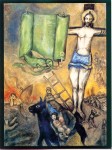I wasn’t planning to post on my lunch last month with John Piper, but since he mentioned it in public at his conference last weekend, I guess it’s on the record. I emailed him (and three of the presenters at his conference — all the rest said they were too busy to get together) to ask him to lunch or coffee in order to clear up any misconceptions. So many caricatures of emergent(s) exists, that I wanted to see exactly who he thought we are and see if that was accurate.
We met on September 13. I brought Doug Pagitt, and Piper brought three of his co-workers. Piper said he’d never heard of me before, and that he was only vaguely aware of Emergent Village. His beef is with the writings of Brian McLaren and Steve Chalke. He’s read Chalke’s book, and says that he was personally hurt by Steve’s characterization of the penal substitutionary theory of the atonement as “cosmic child abuse” (I personally find this phrase, which Chalke borrows from feminist scholars, to be overcharged rhetoric). I didn’t get the impression that Piper has read anything by McLaren, but Brian’s endorsement of Chalke’s book was enough to concern him (in fact, Brian writes about penal subsitution in Generous Orthodoxy, but in his usual “This is what some people have said about this” way).
The lunch was nearly two hours long, so I am not able to recount everything that took place. I will reiterate what Piper said at the conference: we are all passionate persons, and the dialogue was predictably fiery. But it was also very respectful and generous, on both sides.
One thing that won’t suprise anyone who knows about these things: John Piper basically equates a penal substitutionary understanding of the atonement with the gospel. I am unwilling to do that. I don’t disparage that theory of the atonement (see my recent endorsement on the back of the 20th Anniversary Edition of Stott’s The Cross of Christ), but I believe the birth/death/resurrection of Jesus Christ to be the pivot point of cosmic history. Thus, I do not think that one theory interpreting that event to be sufficient. Every theory of the atonement is 1) human, and 2) bound to a context. The penal substitution — while there are seeds of it in Pauline writings — is tied to the development of the Western legal mind. Nor am I willing to condemn the billions of faithful Christians who have lived and died in the past two millennia with alternate understandings of the atonement (here see Gustav Aulen, Christus Victor).
When I expressed these thoughts at the lunch, Piper told me that I should never preach — his point was that my ideas about historical context would merely confuse listeners. He said this with a smile on his face, but then he turned serious and said that people need “fixed points of doctrine” in order to believe in Christianity. I think I disagree with that statement, and I surely disagree with Piper on which points are most important.
But it was an enjoyable lunch, and I’m glad that John accepted my invitation. He’s a fine person, and I respect his church and ministry (even if he’s never heard of me!).











